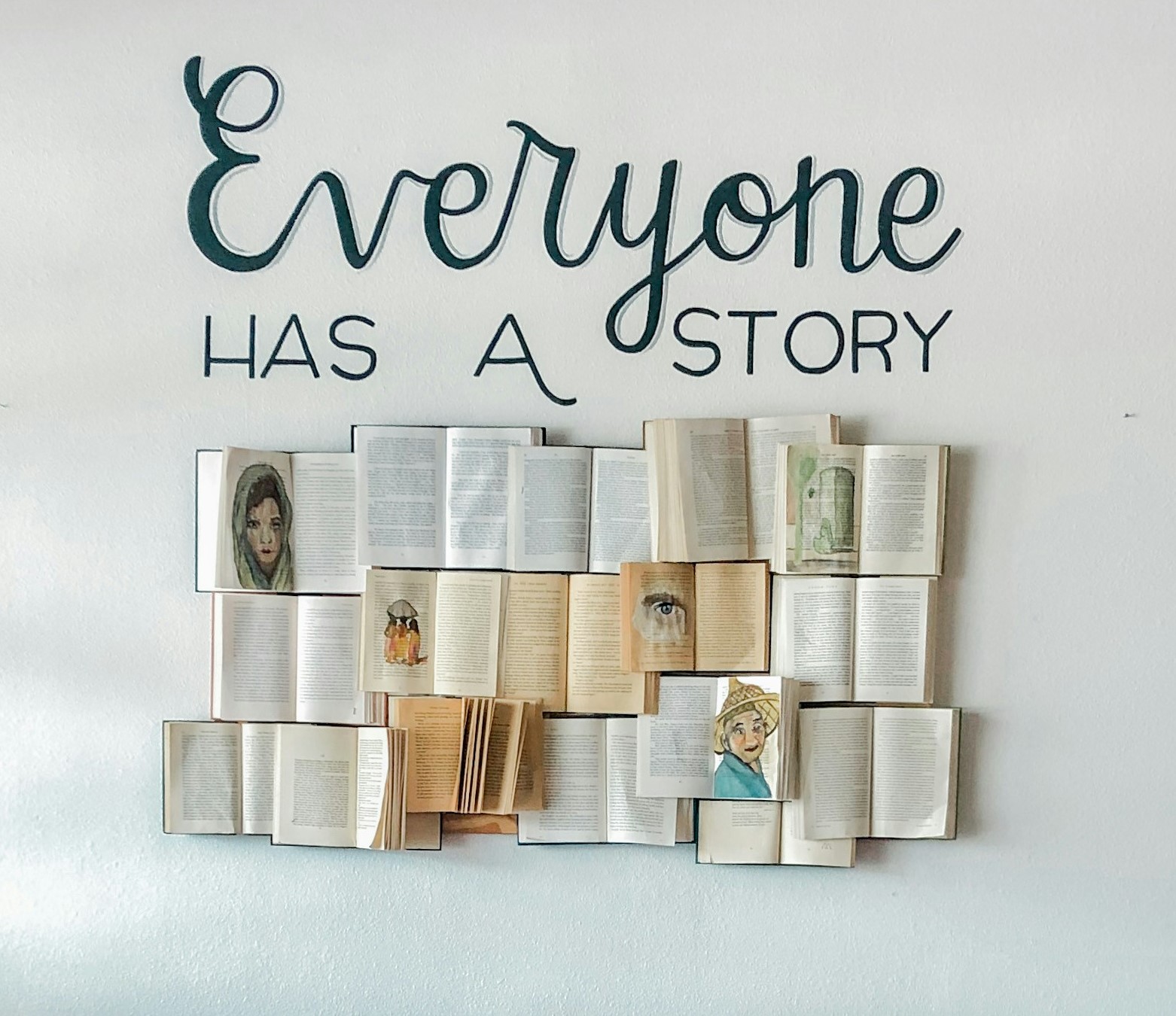From Inner Critic to Research Storyteller: Finding Your Voice as a Doctoral Student
October 01, 2025 Isabell C. May
Commentary: Finding your scholarly voice can be a challenging part of the doctoral journey. Explore how tools like mind mapping can help you reconnect with the “why” of your research on Oct. 16.
If you’ve ever stared at a blank page wondering whether your research really matters, you’re not alone. The journey to a doctoral degree can be long, arduous, and lonely — and, in my experience, filled with doubts about the legitimacy of my research. I spent much of my graduate learning deconstructing the work of others, looking for holes in arguments, methodologies, and results. While that practice taught me to be a critical consumer of research and data, it left me stuck when I needed to start articulating my own research and what it would contribute to the larger field. The critique of other people’s work turned into an inner critic that I found difficult to silence when I was exploring different approaches to my doctoral research, trying to find the innovative spark.
For years, I would write outlines, summaries, and numerous drafts of what I was interested in, how my work fit into the larger conversation in my field, and which major theories and scholars’ works connected with my work. And it felt like I was circling the drain, not getting anywhere, until I started working as a graduate assistant in a TRIO support program for first-year college students. What shifted everything wasn’t another article or theory, but a conversation with someone outside my field, Dr. Marsha Youngblood, who worked as the study skills coordinator for the program. Marsha, who went on to become a mentor and close friend, wasn’t in my field, and she didn’t serve on my dissertation committee, but she introduced me to an amazing tool that transformed my thinking about and approach to research and writing: the mind map. For the first time, I could see the threads of my research come together — my questions, motivations, and potential impact — on one page. I have since become an avid mind mapper and bullet journal enthusiast and found this blog particularly helpful in taking my mind mapping practice to the next level.
Mind maps helped me visualize how my research fit into the larger story of my field, but they’re just one of many ways to think multidimensionally about your work. Whether you use sticky notes, narrative templates, or even artificial intelligence tools to spark ideas, the goal is the same: to move from scattered thoughts to a clear, compelling story. For me, mind maps have helped me articulate clear research narratives. And that clarity matters, not only for your confidence, but also for how you communicate your impact to funders, collaborators, and the communities you serve.
Too often, we researchers are so focused on the details of our data that we forget the larger context and meaning of our work. Articulating the impact and significance can be daunting to nearly impossible, but it’s something that advisors, colleagues, and our loved ones are constantly asking us about. Plus, anyone who has ever written a grant knows that articulating the larger significance of your work and its impact on different publics, especially if you are asking for federal funding, is absolutely necessary and can make or break your grant proposal.
Interested in experimenting with mind maps and other creative approaches yourself, to quiet the inner critic and reclaim your voice? Join me for the Writing Center’s October PhD Lounge, “Sticky Notes to Storylines: Building Your Research Narrative,” at 1 p.m. on Thursday, Oct. 16. We’ll experiment with a range of creative strategies to help you rediscover your research story. Bring your curiosity, and don’t be afraid to get messy with glue sticks, stickers, colorful pens, and sticky notes. We will use all of these, as well as some prompts for different AI tools. Whether you’re at the beginning of your doctoral journey or preparing to defend, you’ll leave with a refreshed perspective on what drives your work — and why it matters. Register via the UMBengaged site for this in-person event (if you need accommodation, consult the event site for directions on how to request them).
Photo by Maegan Martin on Unsplash.
Isabell Cserno May, PhD, is an associate professor at the University of Maryland School of Graduate Studies, where she directs and teaches in the Science Communication certificate program. May also directs the UMB Writing Center and earned her PhD in American Studies at the University of Maryland, College Park.